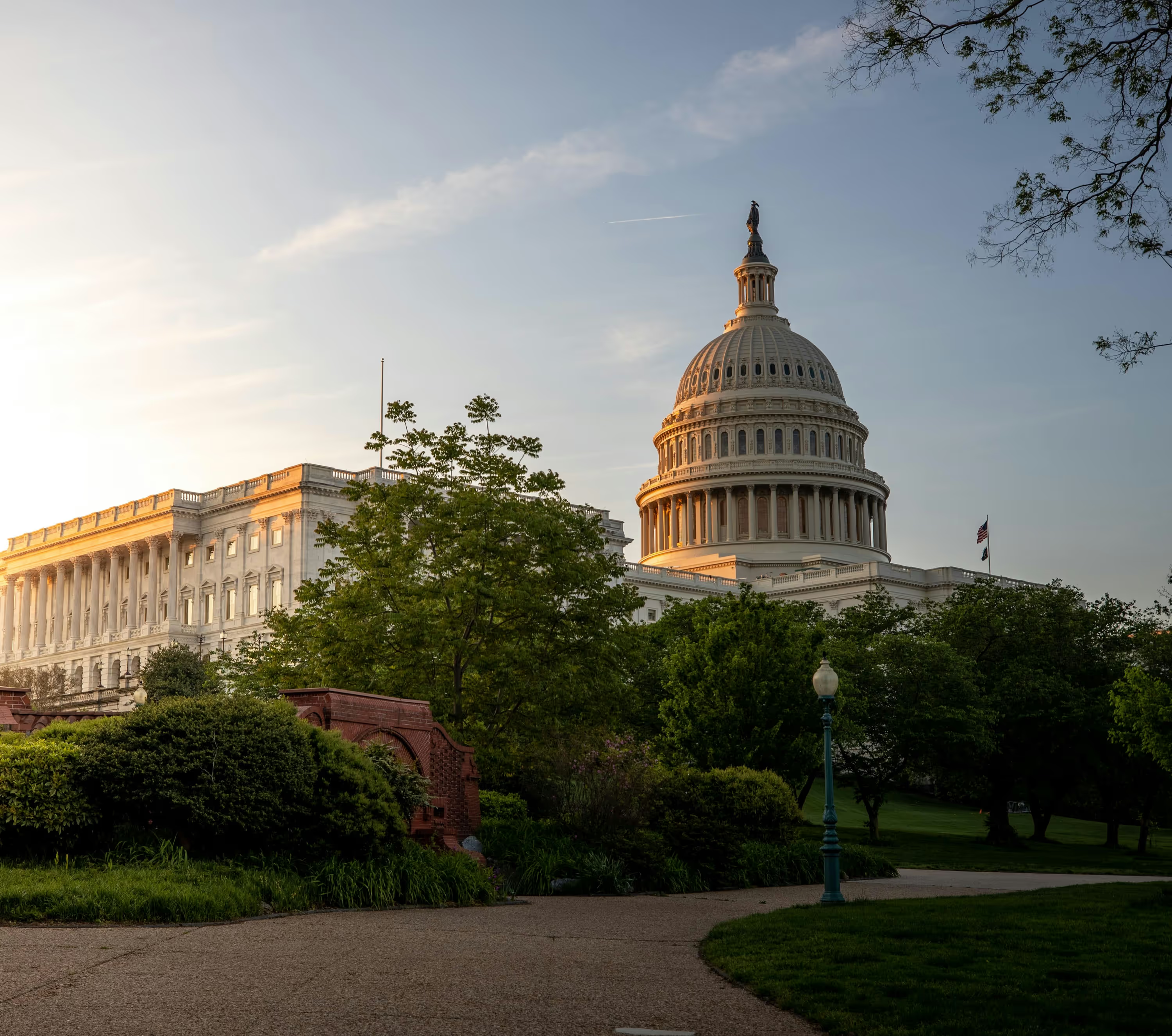
Advocacy
Post-Election Legislative Landscape: Critical Decisions for Democracy
Just days before the end of the pre-election legislative session, on September 25, Congress passed a continuing resolution (CR), effectively avoiding a government shutdown—at least until December 20. When Congress returns, members will continue negotiations for FY25 appropriation bills.
Lawmakers will reconvene on November 12 for the lame-duck session, when they will face a critical window to pass a full-year omnibus spending package or implement another continuing resolution (CR). A key consideration of the current CR is that the allocation for FEMA’s Disaster Relief Fund remains at the same level as FY24. This funding may prove inadequate for FY25, particularly given the recent devastation caused by Hurricane Helene, the looming threat of Hurricane Milton, and other disasters like the wildfires in Maui. Moreover, the recent election has heightened uncertainty regarding legislative agendas, leaving lawmakers unsure about how to proceed in the post-election session. As noted by Anthony Adragna in Politico's Inside Congress, "The exact scope and ambition of that work, though, will be shaped by how that election turns out, lawmakers from both sides tell Inside Congress." As we await the election results and Congress’s return, the urgency of addressing these pressing needs becomes ever more apparent.
Another piece of legislation that both lawmakers and advocates are closely watching is the National Defense Authorization Act (NDAA). Given the ongoing conflicts in the Middle East and Ukraine, the urgency of its passage is understandable; however, in its current form, that outcome seems unlikely. The Senate and the Biden Administration are not expected to support the House version passed this summer, as it contains numerous controversial provisions, particularly those targeting reproductive and LGBTQ+ rights.
In light of the potential implications of these important pieces of legislation, including the National Defense Authorization Act (NDAA) and various appropriations bills, Interfaith Alliance has taken a proactive stance by signing several letters opposing harmful provisions. These provisions pose significant threats to the LGBTQ+ community, particularly the trans community, as well as to pregnant individuals, including service members. Key amendments seek to repeal the Department of Defense memorandum that allows travel allowances for service members seeking non-covered reproductive health care, deny access to gender-affirming care for service members and their families, and permit the use of religious beliefs as a basis for discrimination against LGBTQ+ individuals. Interfaith Alliance views these restrictions on abortion care and attacks on marginalized communities as serious threats to our democracy and a violation of the fundamental rights to make personal medical decisions and live freely.
As we move forward, it is essential to remain vigilant and engaged. The lame-duck session offers a critical opportunity for lawmakers to address pressing issues, including funding for essential services and protections for vulnerable communities. As individuals of diverse faiths, we share a commitment to justice and the inherent dignity of every person. The decisions made during this time will have lasting implications for our nation’s values and the rights of all its citizens.
Transcript

The Trump Administration’s Latest Attacks on Immigrants Threaten Religious Freedom
A Texas Episcopal priest’s detention by ICE is a concerning development in the midst of the Trump administration's attack on religious freedom. It shows how unchecked enforcement threatens our faith communities and furthers an already eroding public trust.

NSPM-7: Co-opting National Security to Suppress Dissent
The memorandum NSPM-7 enables the administration to investigate and prosecute individuals and entities it deems to be a threat to national security. In reality, NSPM-7 is a method to suppress free speech; it is not designed to actually address national security concerns.


